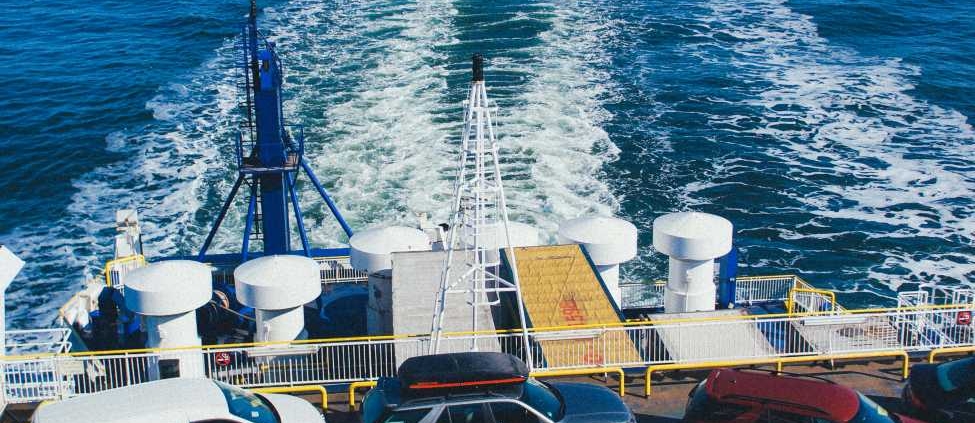Reshoring offers opportunities for the Netherlands
Reshoring is beginning to gain a foothold in more and more countries. The ongoing trade disputes with China and the Covid-19 pandemic, are holding the global market in their grip.
Several large organizations have already begun to take matters into their own hands. Ikea has tackled its transportation by purchasing its own ships and containers. This allows it to completely control this part of its supply chain. Samsung has begun to make its supply chain completely local by 2030. TMSC has also started a new factory in South Korea itself. The South Korean government is encouraging this initiative with $334 million incentive subsidy.
Economic growth.
For countries that have faced years of offshoring and thus lost key industrial production processes, this is an important turnaround. The dependence for the sake of low costs, is no longer sustainable. End users, both consumers and businesses, are willing to invest in a more stable and reliable supply chain. This is partly stimulated by rising transportation costs, making the business case for reshoring even stronger.
The Netherlands currently has an overstrained labor market. This seems to be at odds with reshoring production. However, at the European level there is a world to be won. This does require a long-term strategy of the Dutch government and Europe to get production back in-house. Economically, it has a high added value. It also provides a solid basis for keeping unemployment at the bottom of the market low.
Reshoring in a different way.
With reshoring, a lot will change in terms of production execution. Mechanization, automation and robotization will significantly change production processes. The demand for physical labor will be lower, but the knowledge for A.I. solutions will be higher. This is a great opportunity for the highly developed Western countries. China has been firmly committed to this type of development for years, while Europe lags behind due to a lack of vision and decisiveness.
SMEs.
For SMEs, this is also good news. The availability of materials and the increasing diversity of supply chains make it easier for them to source their materials. However, SMEs need to catch up in terms of automation. Electronic platforms and API integration offer ample opportunities to acquire materials on par with major players.
Read also:





